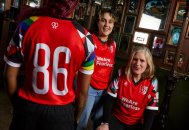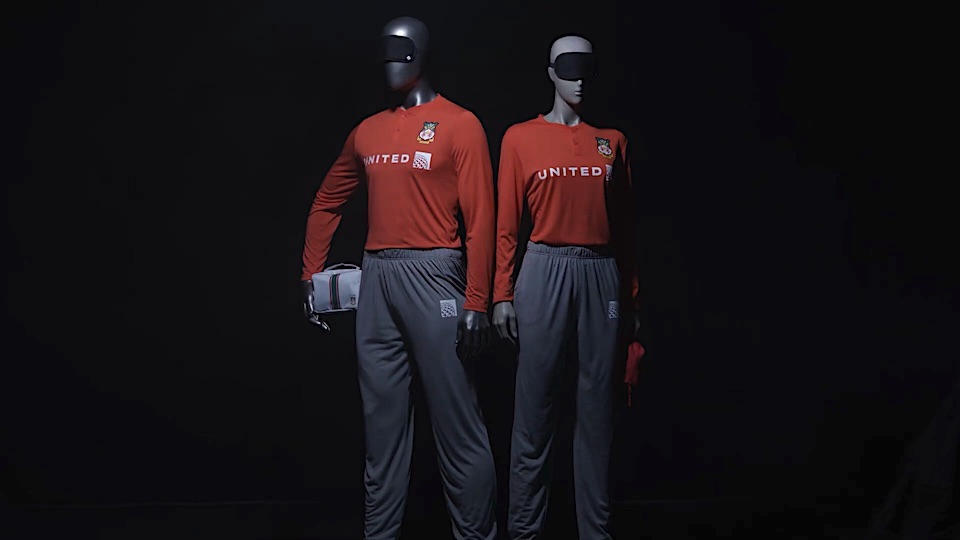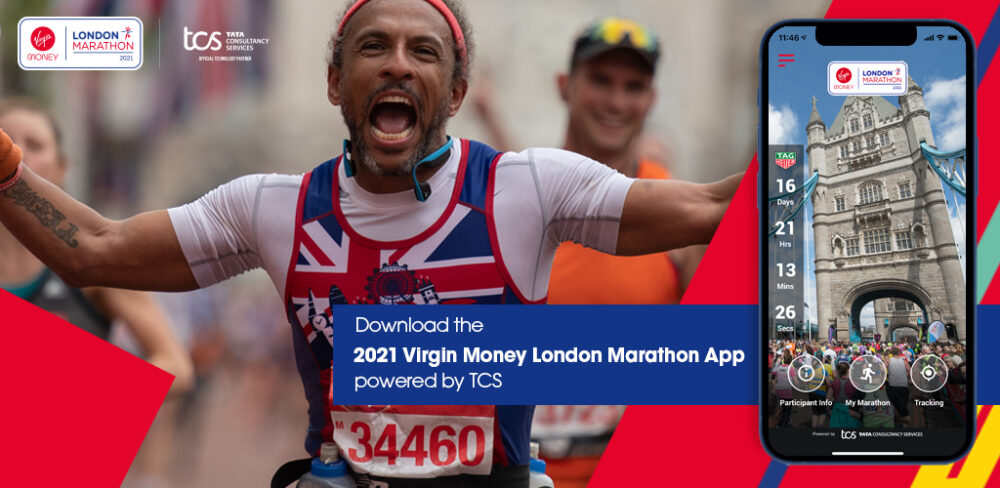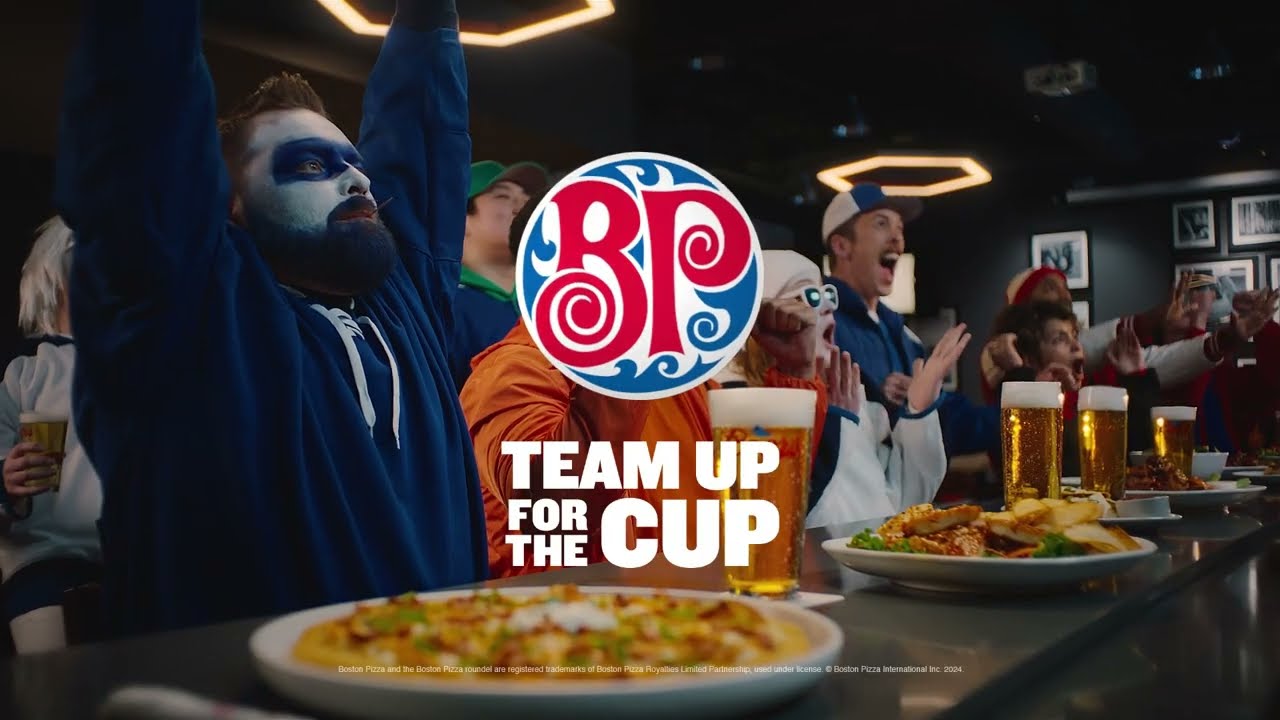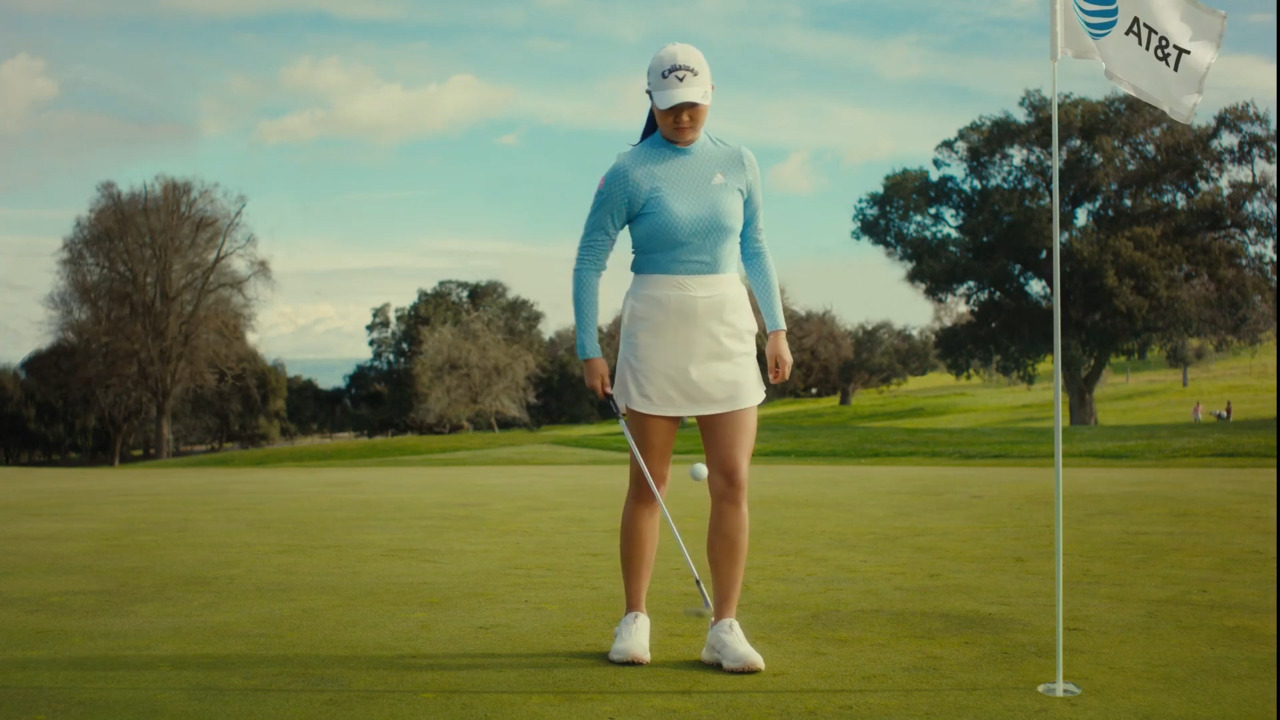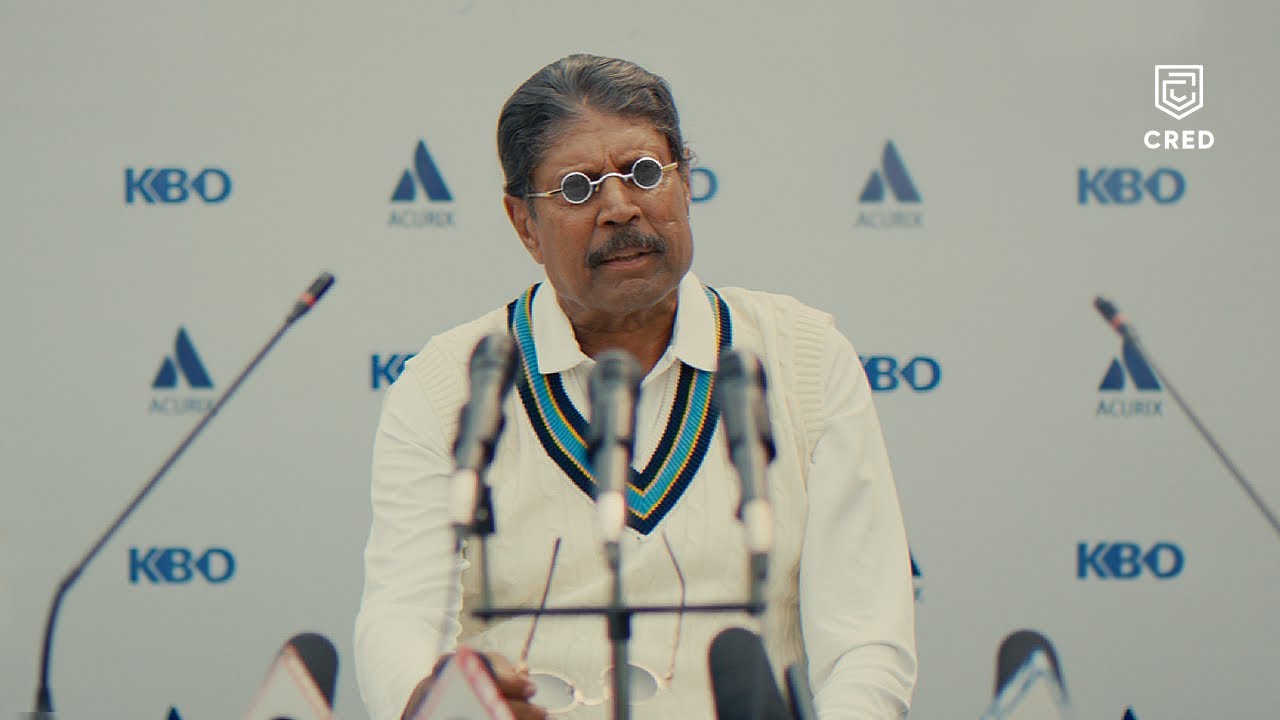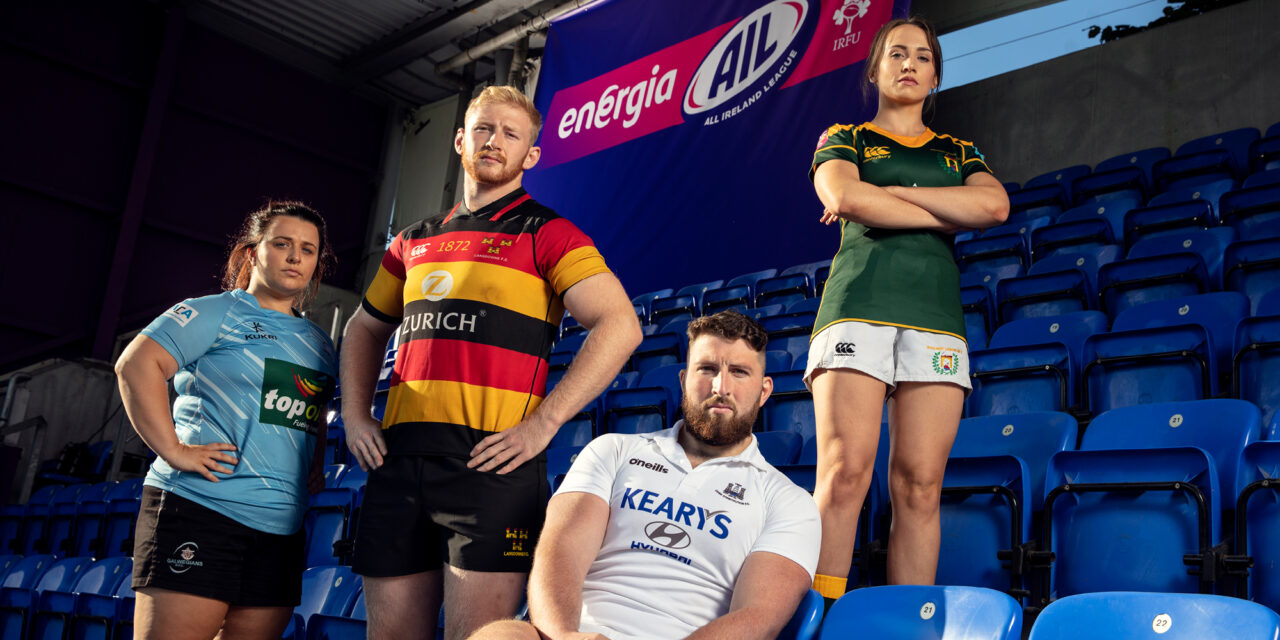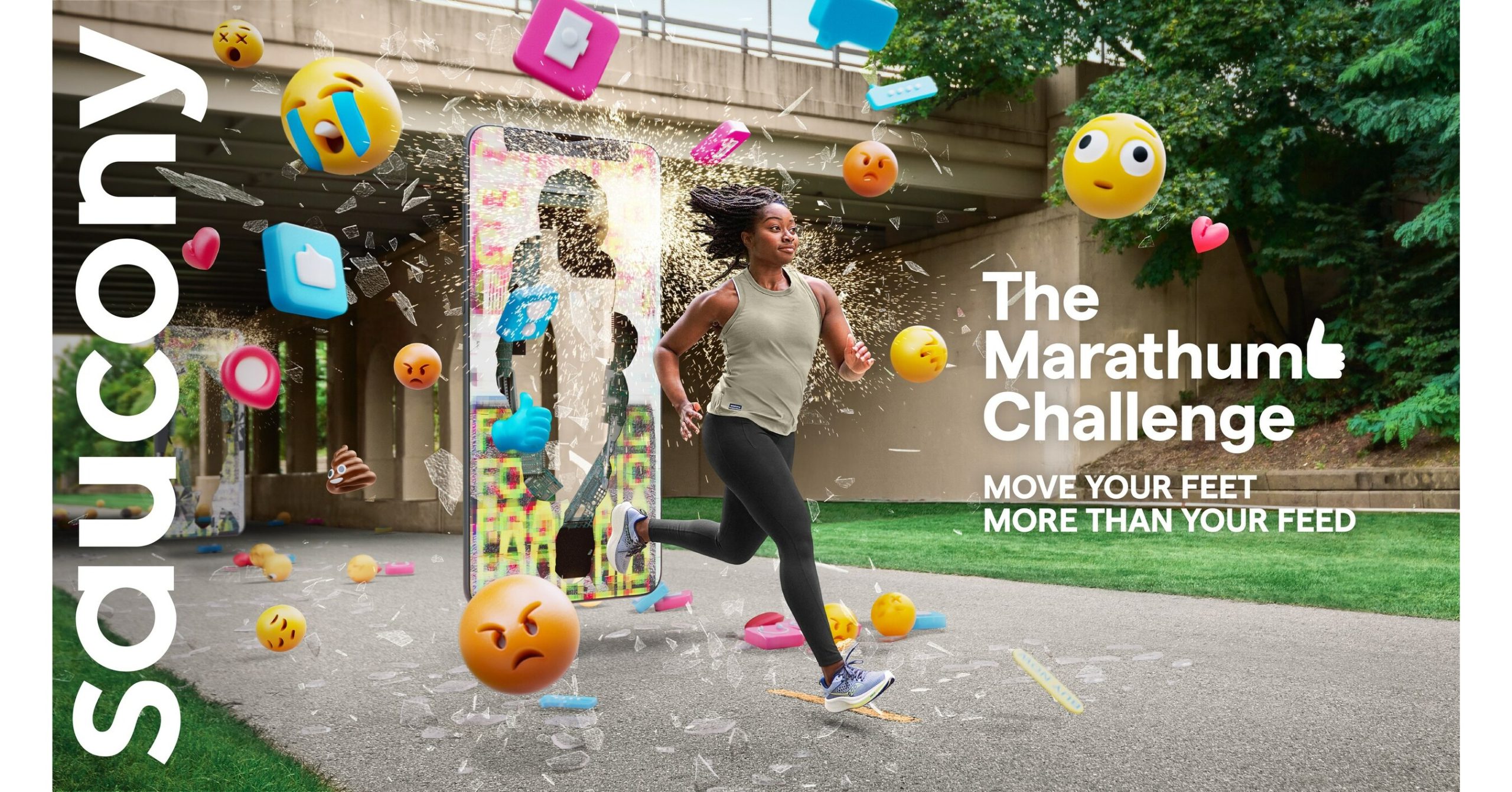Are we, as an industry, capitalising enough on the new trends and opportunities in sponsorship?
The digital revolution has long been hailed as a force to be reckoned with, transforming the way brands and rights holders interact with fans and activate sponsorships. How are brands and rights holders leveraging the digital revolution to build resilient emotional bonds with the fans?
The emotional connection that sports have with their fans is the biggest driver for brands to invest in sponsorships. Sport provides brands with a unique platform to leverage this emotional connection for their own products and purposes in addition to building brand recognition and exposure in their target markets. However sponsors and rights holders need to rework these age old models in the face of social media and technological innovation.
The social media invasion, increasing popularity of smart phones and growing connectivity, present unlimited opportunities for increasing meaningful interaction with the fans and build great loyalty. This raises several questions on the effectiveness, challenges of integration and developing models where the traditional and innovative complement each other.
There are 3 revolutionary forces that are changing sports marketing – big data, social media and second screens; so what are the challenges and benefits for rights holders and sponsors?
Big data
Several organisations, from across industries are tapping into ‘new oil’ to plan and execute more targeted marketing strategies.
Rights holders and brands are also leveraging their gold mines of information to drive better activation. Big data analytics allows them to track behavior of their fans and boost engagement improving marketing and activation potential.
However capturing and organising data presents a major challenge – particularly in terms of technology and internal competencies. Brands and rights holders have the option to outsource big data analytics or to keep it in house by building on existing competencies and skills.
There are several questions raised, particularly about privacy, data protection and who is responsible for the data – the brands or the rights holders?
This debate will be discussed at Future Sponsorship – the leading European sponsorship conference – taking place on 6-8 November in London.
The International Commercial Manager for the NFL, Marc Reeves will join the debate along with Gary Cook, Managing Director of UFC Europe.
Social media
Social media is already changing the way brands and rights holders interact with fans. Gone are the days where radio, television and newspapers dominated the entertainment sphere. Social media platforms penetrate every realm of an average fans life, whether they are at work, at home, socialising or listening to music and they are exposed to brands like never before.
Not only does social media create an omnipresence, but they also open up a dialogue. Brands and consumers can communicate with each other in a two way dialogue.
This presents fantastic opportunities for activation but also gives way to associated risks and it is essential for brands and rights holders to be educated and up to date on both.
But in a world where the average consumer is constantly bombarded by branded messages, it is up to the brand and rights holder to make sure theirs stands out. They need to ensure that their message isn’t dismissed as part of the ‘noise’.
And if your brand stands out, will the money then follow? Some of the world’s leading brands in sports, media and entertainment including Nokia, Getty Images and London Irish’s Commercial and Marketing Directors discuss the above on a high level panel debate at Future Sponsorship.
As the social media landscape becomes wider and more fragmented with the influx of new platforms, each with its own value proposition and dedicated base of users, marketers are faced with a problem of choosing the best fit for their target audience.
One of the biggest questions that rights holders and brands are faced with is – what is the ROI on social media marketing? Capturing and measuring the returns of social media marketing is tricky since it presents some intangible results, but it isn’t impossible with the right tools…
Second screens.
The smart phone invasion has pushed second screens to the forefront of marketers’ agendas. As second screens gain more prevalence, there are some pressing questions that rights holders and brands must face, foremost being – will second screens overtake the traditional television become primary screens?
Whether or not they do, remains to be seen. With both offering different experiences and value propositions – mobility vs. viewing experience, marketers must look into how they two complement each other to enhance the viewing experience.
Rights holders and brands must rework their viewership strategies, including the interactive element with second screens. The creation of apps and linking up with social media platforms can create an unforgettable fan experience and present more opportunities for brands to build recognition, exposure and engagement.
In a world that is becoming more connected through social media and interactive devices – sports marketers must reassess the emotional links consumers have with sports.
They must integrate the connectivity and interaction offered by social media and developing technologies to build stronger and more resilient emotional bonds with fans.
The Future Sponsorship Summit will address the most crucial challenges in sponsorship with a focus on the digital world. Across the two days, sponsors and rights holders who are leading the way of innovation will share insights and join over 200 sponsors and rights holders.
The speaker line-up includes Youtube, Arsenal FC, Carlsberg International, NFL, UFC Europe, O2, Virgin Media, Diageo, Glasonbury Festival and many more.
View the full line-up at www.future-sponsorship.com














